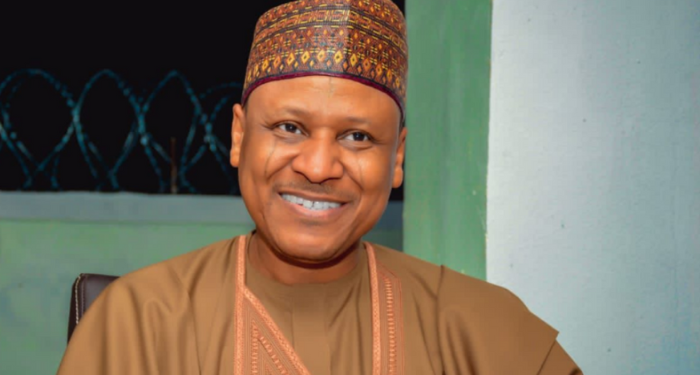The Minister of Information, Idris Mohammed, has said that Nigeria’s domestic consumption dropped from 2 billion of petrol by 50% following the removal of fuel subsidy.
Mohammed, in a conversation with the media on Thursday, revealed that the decline in importation suggests that these imports are being redirected to destinations other than Nigeria.
According to him, the removal of subsidy by President Tinubu is meant to benefit the country both in the short and long term.
He also reiterated the position that subsidy was not included in the 2023 budget before it was removed by Tinubu on May 29, 2023.
“The removal of fuel subsidy is really a big one and the president knew that it was going to be something that would be very beneficial to this country in the short-term and in the long-term.
“By May 29, 2023, when Tinubu took office, there was no provision in the budget for the fuel subsidy itself. Because the president removed it, there was no need for budgeting for it.
“At that time, Nigeria was importing for domestic consumption about 2 billion liters of PMS roughly. By the time fuel subsidy was removed, our domestic consumption had come down to about fifty per cent. That immediately was a pointer to something.
“It meant that either people were now more disciplined that they not using their cars as they should or this import was going elsewhere. And I think the study shows that import was actually going elsewhere,” Mohammed said.
Backstory
In May 2023, President Tinubu announced that the fuel subsidy was gone, ending the popular but ineffective petrol subsidy costing the country an average of $10 billion yearly.
Tinubu said the resources will be channelled to better investments such as public infrastructure, healthcare, and jobs which will improve the lives of Nigerians.
However, following the announcement, the price of fuel has surged over 100%, selling between N700 to N900 depending on the location in Nigeria.
This has led to a huge public outcry, a protest demonstration resulting in the destruction of lives and public infrastructure across the country.
The protesters insisted that the president must reinstate fuel subsidy to ameliorate the sufferings of the masses and reduce the cost of living.
On his part, president Tinubu said the removal of subsidy is a necessary initiative to revamp the country’s ailing economy in the long term.
What you should know
- Meanwhile, several stakeholders in the energy sector still maintain that the federal government has restarted the subsidy on petrol since its removal on May 29, 2023.
- The Special Adviser to the President on Energy, Mrs. Olu Veŕheijen, said that the Federal Government reserves the right to pay fuel subsidy intermittently to cushion hardship in the country.
- On its part, however, NNPC has insisted that no subsidy is paid to its account from the federal government.
- Addressing the issue in August 2023, the GCEO of the oil firm, Mele Kyari, stated that the company is only recovering the cost of import, adding that the federal government hasn’t paid a subsidy since May.













